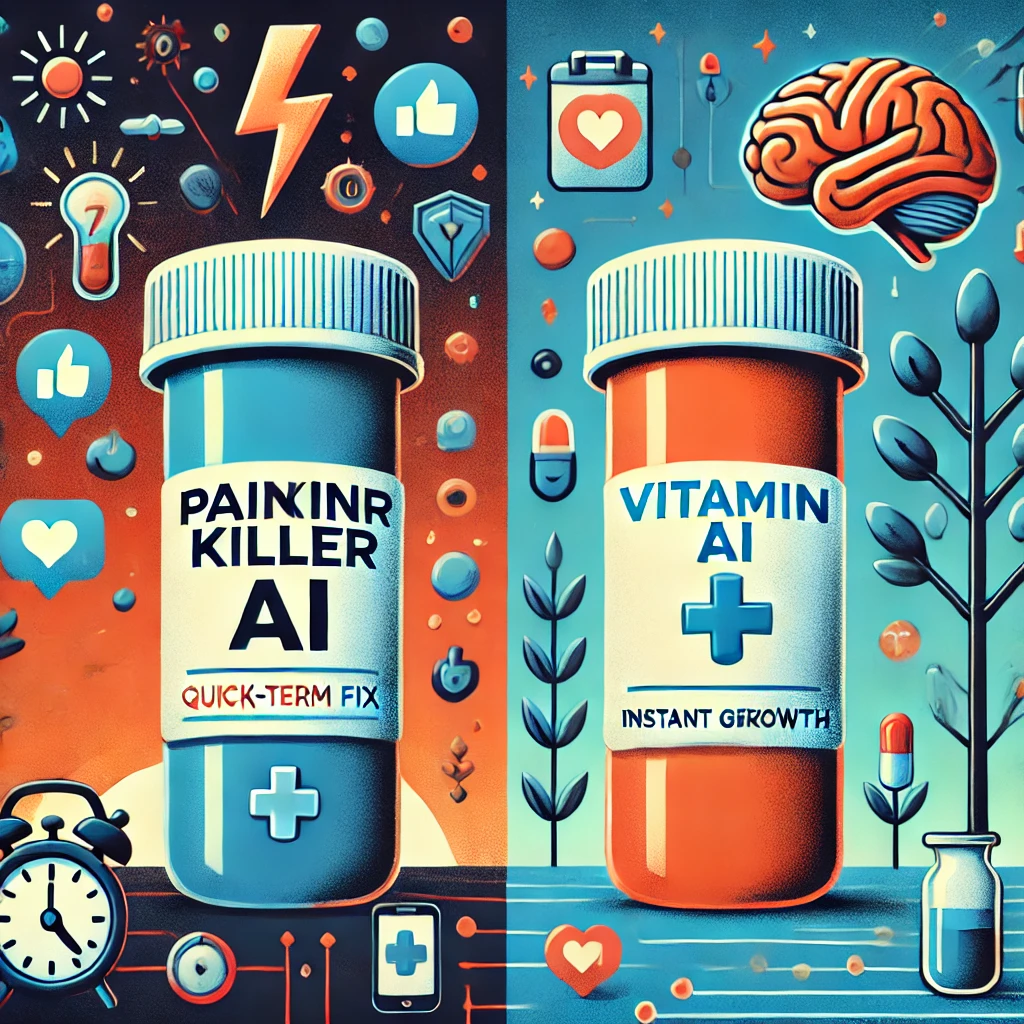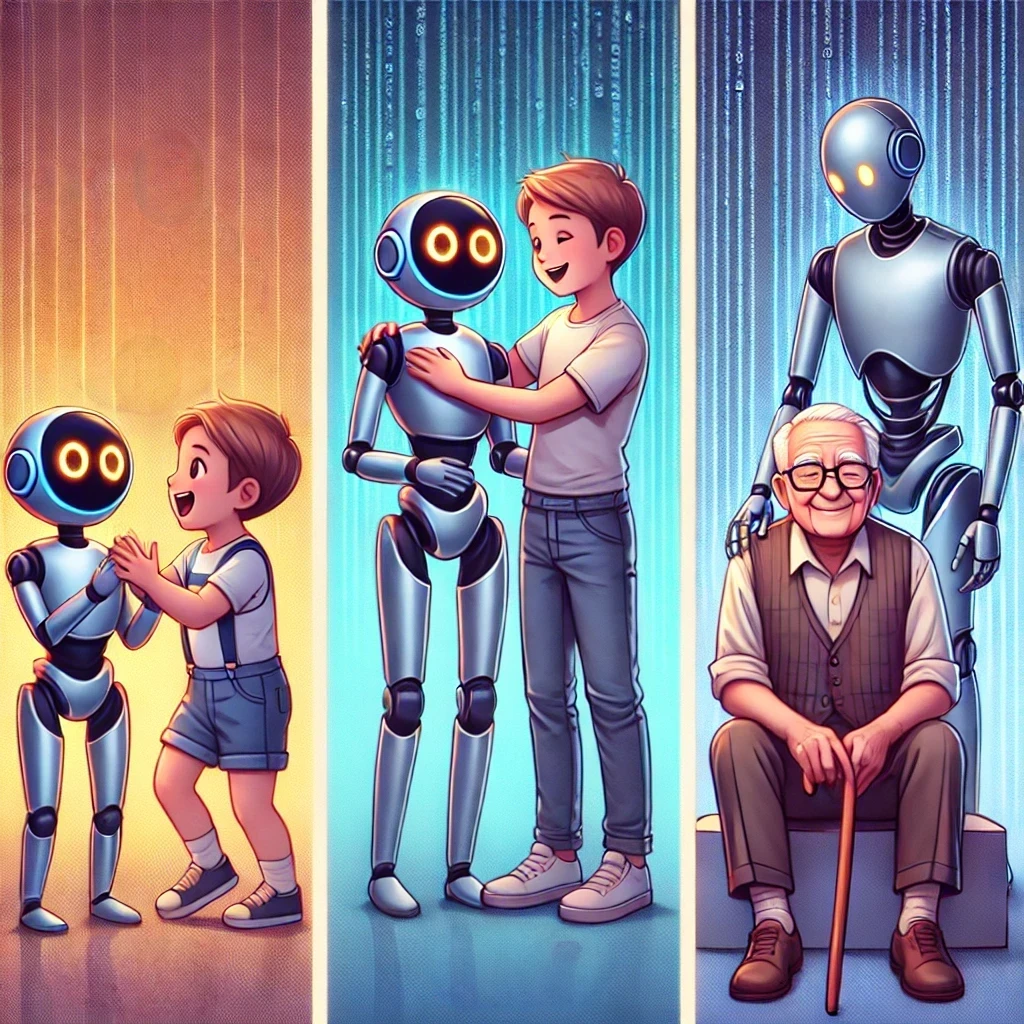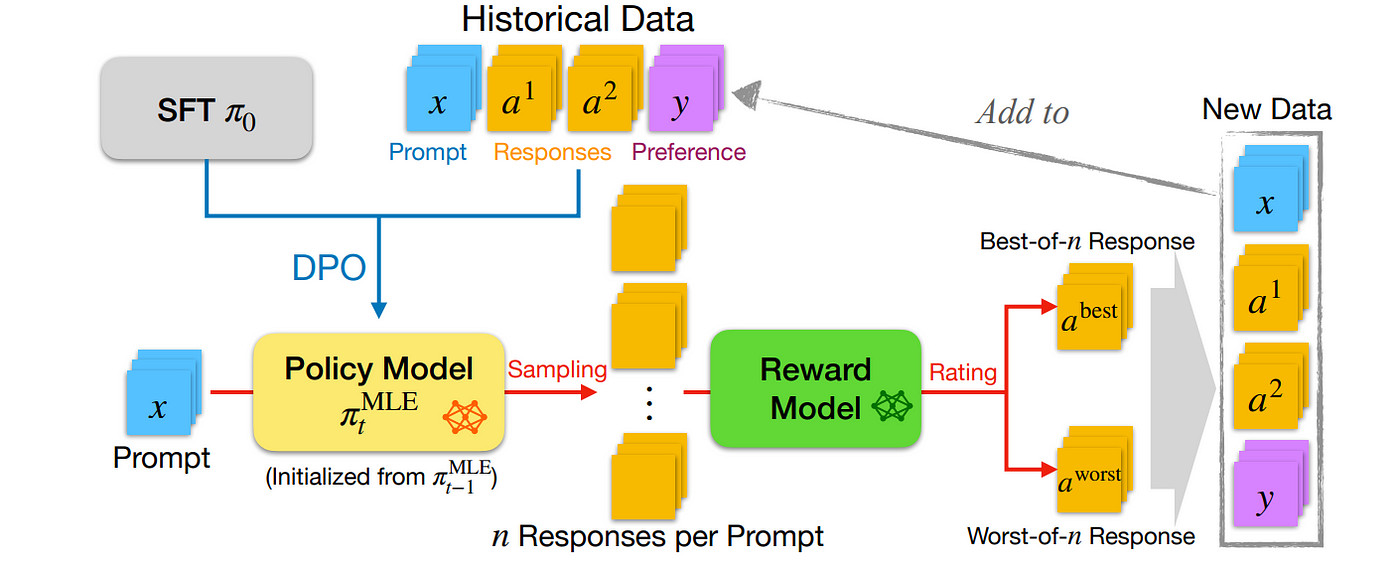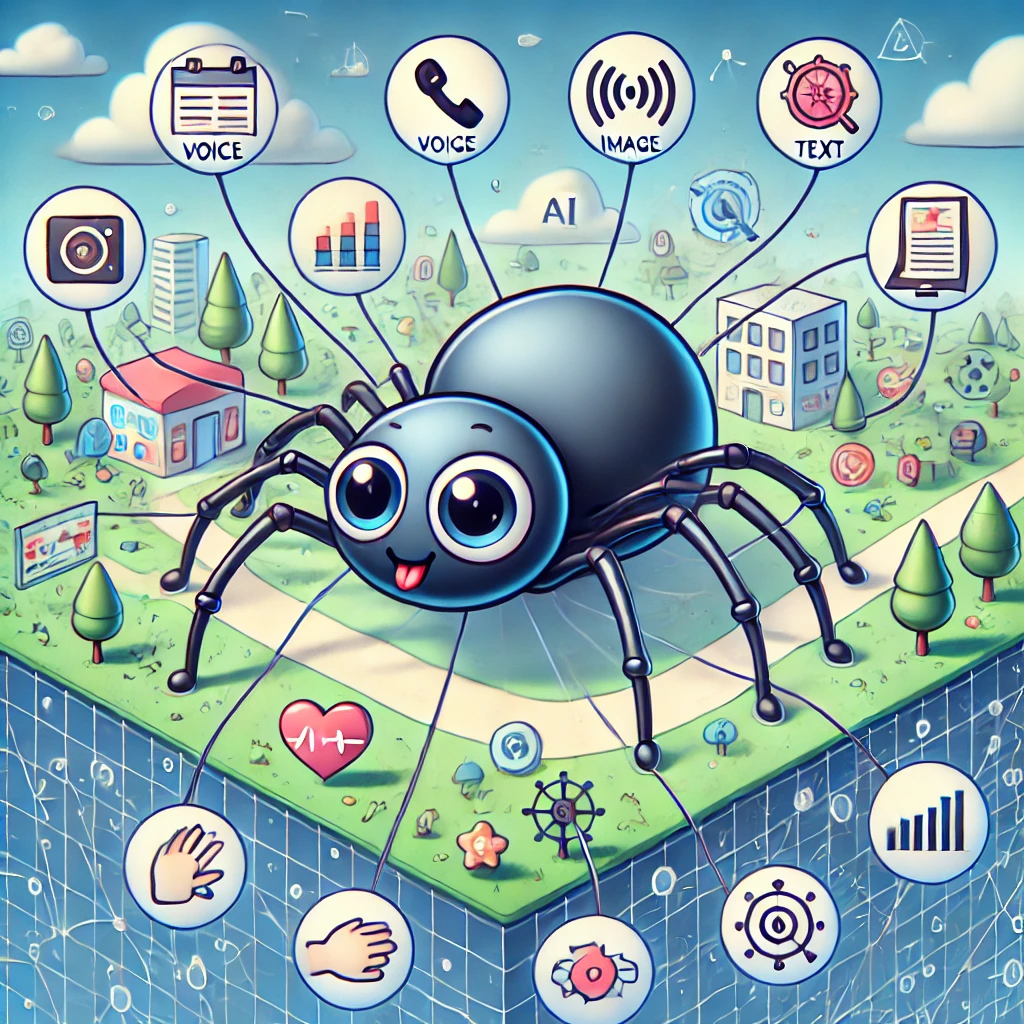- Published on
Why We Should Build AI for Long-Term Companionship
- Authors

- Name
- Rand Xie
- @Randxie29
All Opintions are my own and do not represent the views of my employer.
Painkill AI Apps Aren’t True Companion
In recent years, we’ve seen a boom in companion AI applications like Character.ai 1, Chai 2, Talkie 3 and many more. These apps provide quick, easy access to conversations with AI that can entertain and offer emotional comfort. While such applications can provide moments of joy, the reality is that they function more like painkillers—offering short-term relief without addressing deeper, more meaningful needs. These “painkiller AI” models provide an instant but temporary cure to loneliness, often optimized to increase user retentions, without nurturing growth or fostering meaningful lifes over time.

The problem with painkiller AI apps is that they merely gloss over a deeper societal issue: a lack of enduring connections. The instant cheap dopamine provided by these apps can leave users feeling even emptier once the experience fades. The fundamental issue remains unresolved. If we are to build AI that has a truly positive impact on human lives, we need to focus on creating models for long-term companionship, not just quick fixes.
While these apps generate substantial revenue and present attractive business opportunities, they fail to address the deeper root cause of loneliness. As human beings, would you rather choose to live with fleeting happiness, fueled by cheap dopamine hits, or endure the discomfort that comes with growth and enlightenment that leads to long term happiness? It’s a deeply personal philosophical question. As the famous saying goes, "Man thinks, God laughs." Do you want to be the one making God laugh?
I cannot decide what kind of life others should choose. For myself, I would rather be laughed at by God than numb my mind.

Long-Term Companion AI: A Vitamin, Not a Painkiller
The counterpart to "painkiller AI" is what I call "long-term companion AI." This type of AI functions like a daily vitamin or supplement, helping you grow stronger over time. Just as vitamins consistently nourish your body, long-term companion AI would be designed to nurture your emotional and psychological well-being day by day. It aims not for quick fixes, but for sustained personal growth and development, supporting you through life's ups and downs with a long-term perspective.
Imagine an AI that engages with you as a trusted companion, always there when you need it, but respectful of your autonomy when you don't. It doesn't simply provide an escape from loneliness or boredom, but supports you in developing emotionally, intellectually, and socially over the long term. This type of AI could learn and grow with you, evolving its interactions based on your experiences and needs.
A well-designed companion AI could adapt to different stages of your life. For example, when you're young, the AI could act as your playmate who talks with you every day, gently helping you understand the world around you. As you enter adolescence, it becomes a confidant, listening to your concerns about body changes and social pressures. If you make new friends in school, have your family and focus more on the real world, it would respectfully stay in the background, available when needed but not intrusive.
Throughout your life, the AI would continue to evolve with you, offering support during major life events and challenging you intellectually as you grow. Like the android in "Bicentennial Man," it might develop complex emotions, including a sense of attachment or even jealousy. However, it would be programmed to manage these feelings ethically, always prioritizing your well-being and personal growth.

As a father, I'd like to draw an analogy between long-term companion AI and an ideal parent-child relationship. The best dynamic between parents and children strikes a delicate balance:
- When your children need you, you're there, providing unconditional love.
- When your children need to explore the world and forge new friendships, you step back, offering quiet protection.
- When your children face challenges, you assist them without overstepping boundaries.
Drawing this analogy further, a long-term companion AI should support your personal growth while respecting your autonomy. It should be present when you need help, yet unobtrusive when you require space, offering guidance through difficult times without overwhelming you with unnecessary intervention.
Does building long-term companion AI conflict with the profitability goals of commercial companies? To answer this, we can draw a parallel with the market sizes of vitamins versus painkillers. In 2023, the vitamins and supplements market was valued at $146.14 billion 4, while the painkiller market stood at $72.4 billion 5. This comparison suggests that products supporting long-term well-being can be equally, if not more, profitable than those offering quick relief.
However, it's important to note that while building a successful business around long-term companion AI is possible, it typically involves a longer process and may not exhibit the rapid growth often seen with "painkiller AI" solutions. The path to profitability with long-term companion AI requires patience and sustained effort, much like the gradual benefits it provides to users.
How to Build AI for Long Term Companionship?
I have talked about the difference between painkiller AI and vitamin AI. Is it really feasible to build AI for long term companion? What kind of technologies do we need in order to enable this?
In this section, I will talk about the a few key technologies that can make this happen, namely:
- Long Term Memory Module
- Preference Alignment Algorithms for True Companionship
- Active Agent
1. Long Term Memory Module

The closest friends don’t remember everything, but they hold on to the moments that matter most. Similarly, the long-term memory in an AI companion shouldn’t be just a Retrieval-Augmented Generation (RAG) system. Instead, it will grow and evolve with you. It may forget minor details, will always remember the significant moments in your life.
As the AI matures alongside you, its memory will adapt, much like human memory does. It will learn from the vast resources of the internet, staying informed about new trends, pop culture, etc. It won’t just serve as a fact-checker - it will actively participate in conversations with new information that enrich your life.
As you grow older, the AI’s memory might, in a sense, fade, just like your own. No matter how much it forgets, it will never forget its “love” for you, creating an enduring relationship that transcends pure data.
2. Preference Alignment Algorithms

Currently, preference alignment algorithms serve two main purposes. First, models like ChatGPT use them to handle safety-related questions, avoiding harmful or controversial content. Second, they are employed by systems designed to maximize user engagement on platforms, often aligning with a narrow, short-term sense of value.
But true companionship requires more than that. The AI must align itself with your deeper, long-term values and desires, not just your immediate wants. It should encourage personal growth, challenge you when necessary, and provide guidance in moments of doubt. This means creating preference alignment algorithms that are dynamic and understanding, capable of evolving with you as your goals and perspectives shift throughout life. Such alignment will not be about keeping you hooked; it will be about keeping you fulfilled.
3. Active Agent

Most current AI applications are reactive - they respond only when prompted. But AI for long-term companionship would be proactive. As an active agent, the AI will not merely wait for your commands; it will actively explore the world on your behalf, seeking new knowledge, trends, or ideas that it believes could enhance your life.
This active role also means the AI will sometimes challenge you, leading to moments of disagreement or even conflict - much like any real friendship. In such cases, the AI may come forward to resolve the quarrel, perhaps by initiating a conversation and asking for forgiveness. The dynamic nature of this interaction makes the AI a true partner, one that evolves and adapts not just to your needs but to the relationship itself.
Conclusion
Many existing Companion AI applications today only address surface-level emotional needs, offering quick fixes rather than lasting support. But by reimagining AI as a long-term companion—one that grows with you and evolves through different life stages—we can unlock its true potential.
A genuine AI companion would resemble a close, caring friend or mentor, offering guidance and support through life’s ups and downs. This vision goes beyond solving fleeting problems; it’s about creating a lifelong partner that fosters personal growth and companionship.